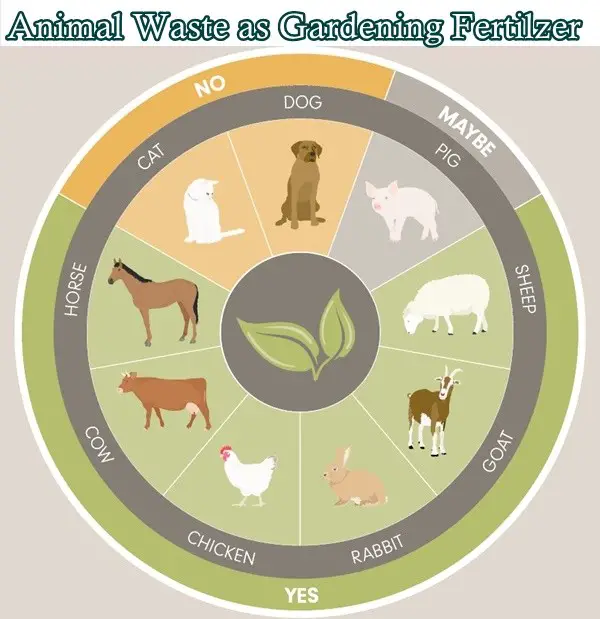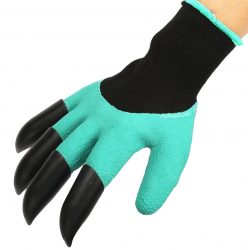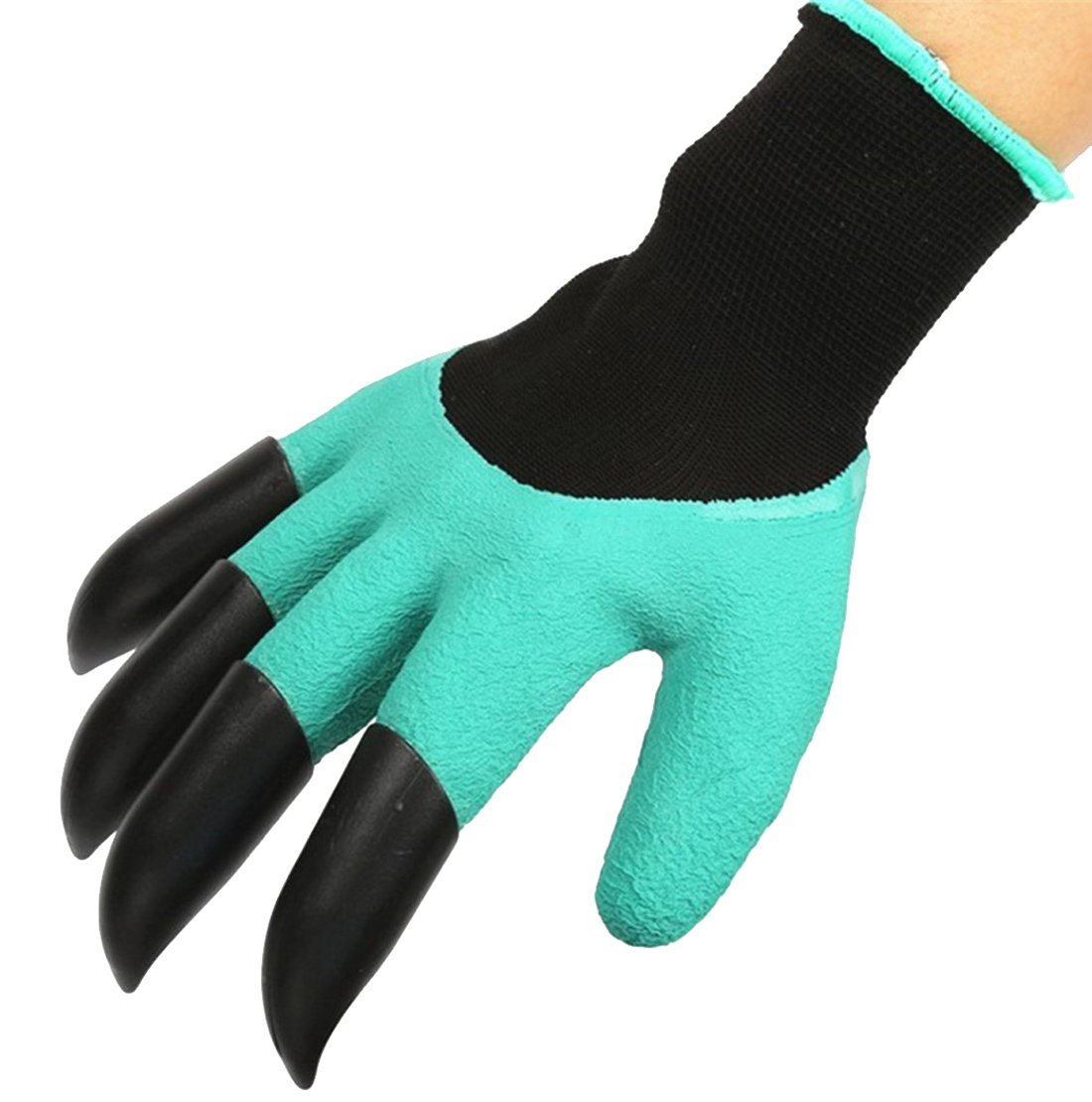Using animal waste as gardening fertilizer has been an ongoing practice to replenish the nutrients of soil for big bountiful harvest. After the Dust Bowl storms from 1932 -1935, homestead gardeners have learned the importance of using a variety of different livestock animal manures.

Using animal waste as fertilizer is becoming more and more popular even with gardeners. Rabbit droppings for instance are prolific poopers, their waste is considered to be gold for gardening as their waster is high in nitrogen and phosphorus. Another benefit of rabbit waste is that it is considered as “cold” manure, which means that there is no need to compost or age it before you use it.
Cow manure is considered as an all-purpose fertilizer as it has less nitrogen but contains balanced nutrients. Cows have four stomachs and as such they digest their food very well and there is little to no chance of weed seeds making their way into the compost pile. To avoid a smelly compost it is advised that it be made into compost before usage.

Goat or sheep dropping are drier than horse, cow or chicken waste, it is also less stinky and they have more nitrogen and potassium. The only issue is that it can be weedy in nature, so it should put in a compost them similarly to horse manure. Horse manure must be put in a compost pile that should reach at least 140 ⁰ in order to kill the weed seeds.
Chicken droppings are quite easy to use and they are very popular as they have lots of nitrogen and they have the ability to easily burn your plants if not properly composted. Chicken droppings should be composted for at least 6 months before usage. It is also advised that when using chicken dropping to do so far away from your neighbor as they tend to be very stinky.
While we’ve explored several types of animal waste and their benefits as fertilizer, it’s worth noting that the correct composting and aging process is crucial for their effective use. Improperly composted manure can contain pathogens harmful to humans, and certain manures, like chicken, can potentially harm your plants if not adequately aged. Always ensure to follow safe handling and composting practices when using animal manure as fertilizer.
But it’s not only about enriching your soil and boosting your harvest. Utilizing animal waste is an environmentally-friendly practice that contributes to a circular nutrient system. It reduces the amount of waste ending up in landfills and lessens our reliance on synthetic fertilizers, which can have harmful environmental effects.
Each type of animal waste brings its unique set of nutrients and benefits to your garden. To decide which one is best for your gardening needs, consider your available resources, the specific nutritional needs of your plants, and your capacity to manage the composting process.
Moreover, if you have access to more than one type of animal waste, don’t hesitate to use them together. Combining different manures can provide a broader range of nutrients and improve the overall health of your soil. For instance, you might add high-nitrogen chicken manure to your compost pile to balance out the lower nitrogen content of cow manure.
And one last piece of advice: don’t forget the importance of regular soil testing. This will allow you to understand your soil’s current nutrient levels and pH balance, helping you make informed decisions about what kind of manure to use and how much.
Remember, successful gardening requires more than just hard work. It’s about understanding and working with nature’s cycles, and animal waste fertilizers are an excellent tool to help you do just that.


